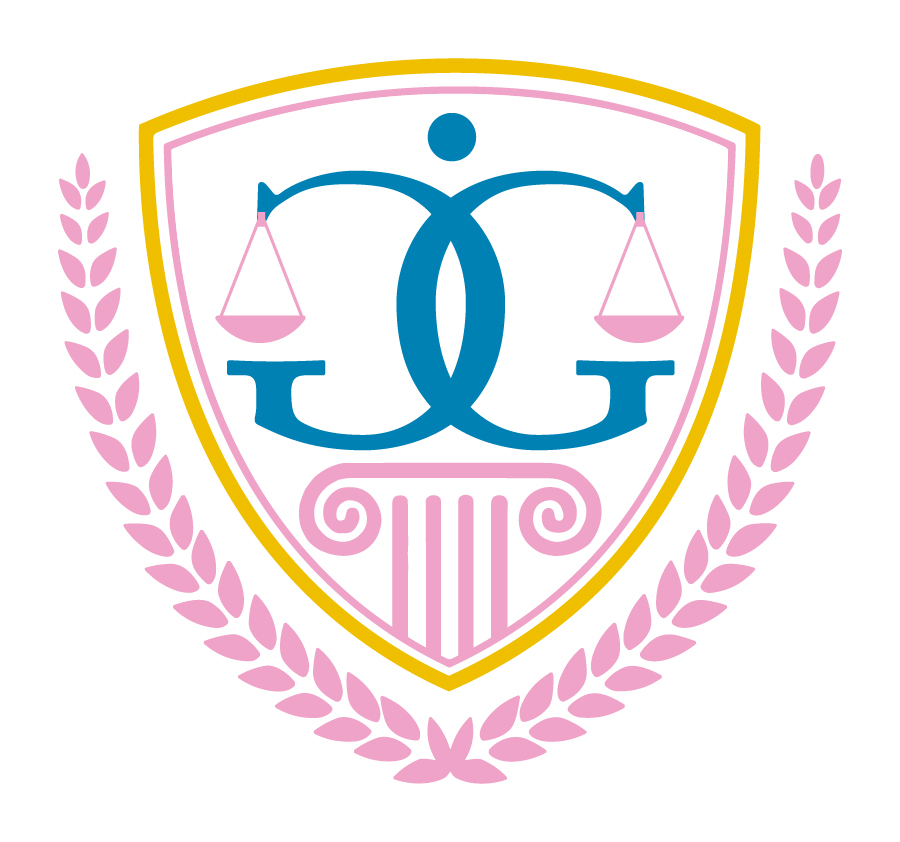
Deafness and hard of hearing runs in my family. Many of my maternal relatives have been diagnosed with auditory neuropathy, a condition where the nerves responsible for transmitting sound signals to the brain do not function properly. My mother who birthed me, raised me (and 6 siblings), and taught me much of what I know is deaf. I was born with hearing loss, but it wasn’t until I was around five years old that I was first diagnosed. At the time, my hearing loss was not severe enough to require hearing aids, but as the years went by, it progressively worsened.
I first became fully aware of the extent of my hearing loss in college. Sitting in large lecture halls, I struggled to hear the professor, missing crucial parts of discussions. When I finally took a hearing test, it confirmed what I had long suspected—I had profound hearing loss. This diagnosis led me to start wearing hearing aids and seeking accommodations for my hearing loss during my senior year of undergraduate studies.
Law school was an even greater challenge. Despite having hearing aids, I needed additional support, including the help of captionists who transcribed lectures in real time. I was determined not to let my hearing loss hinder my education, and with these accommodations, I successfully earned my law degree.
However, my early years as an attorney presented new challenges. In court, where multiple people often speak at once, I found it overwhelming to keep up. The fast-paced nature of legal proceedings, combined with my hearing loss, made advocacy in a courtroom setting incredibly difficult. I knew I needed a better solution if I wanted to fully engage in litigation.
In 2019, I made the life-changing decision to undergo cochlear implant surgery. Since implantation is typically done one ear at a time, I had two separate surgeries. The procedures went well, and the results were so positive that I proceeded with my second implantation soon after the first.
A cochlear implant is a surgically implanted device that helps provide a sense of sound to individuals with severe hearing loss. The procedure involves placing an electrode array inside the cochlea to stimulate the auditory nerve directly, bypassing damaged parts of the inner ear. While the technology is remarkable, it is not foolproof. I still experience technical difficulties from time to time, and adapting to the implants required significant rehabilitation and training. But despite occasional challenges, my hearing has drastically improved.
Since receiving my cochlear implants, I have actively pursued more litigation experience, something that once seemed nearly impossible. The ability to hear more clearly has allowed me to better advocate for my clients and communicate more effectively in the courtroom. While my journey with hearing loss has not been easy, it has shaped who I am as a person and as an attorney.
Through this blog, I hope to raise awareness about deafness, hearing loss, cochlear implants, and the experiences of individuals with disabilities. Hearing loss is often an invisible disability, but it impacts millions of people. By sharing my journey, I hope to educate others and encourage inclusivity in professional spaces, especially within the legal field.
To those facing similar challenges—know that you are not alone. There are solutions, support systems, and resources available. With determination and the right accommodations, we can overcome obstacles and thrive in our respective fields.
If you have questions about hearing loss, cochlear implants, or disability accommodations in professional settings, feel free to reach out. Let’s continue this important conversation and work toward a more inclusive world.


2 responses to “Gallien Law Blog: My Deaf Journey – Raising Awareness for Disabilities”
thank you for being bold enough to share your journey with others!!
Thank you for supporting my journey! I appreciate it.